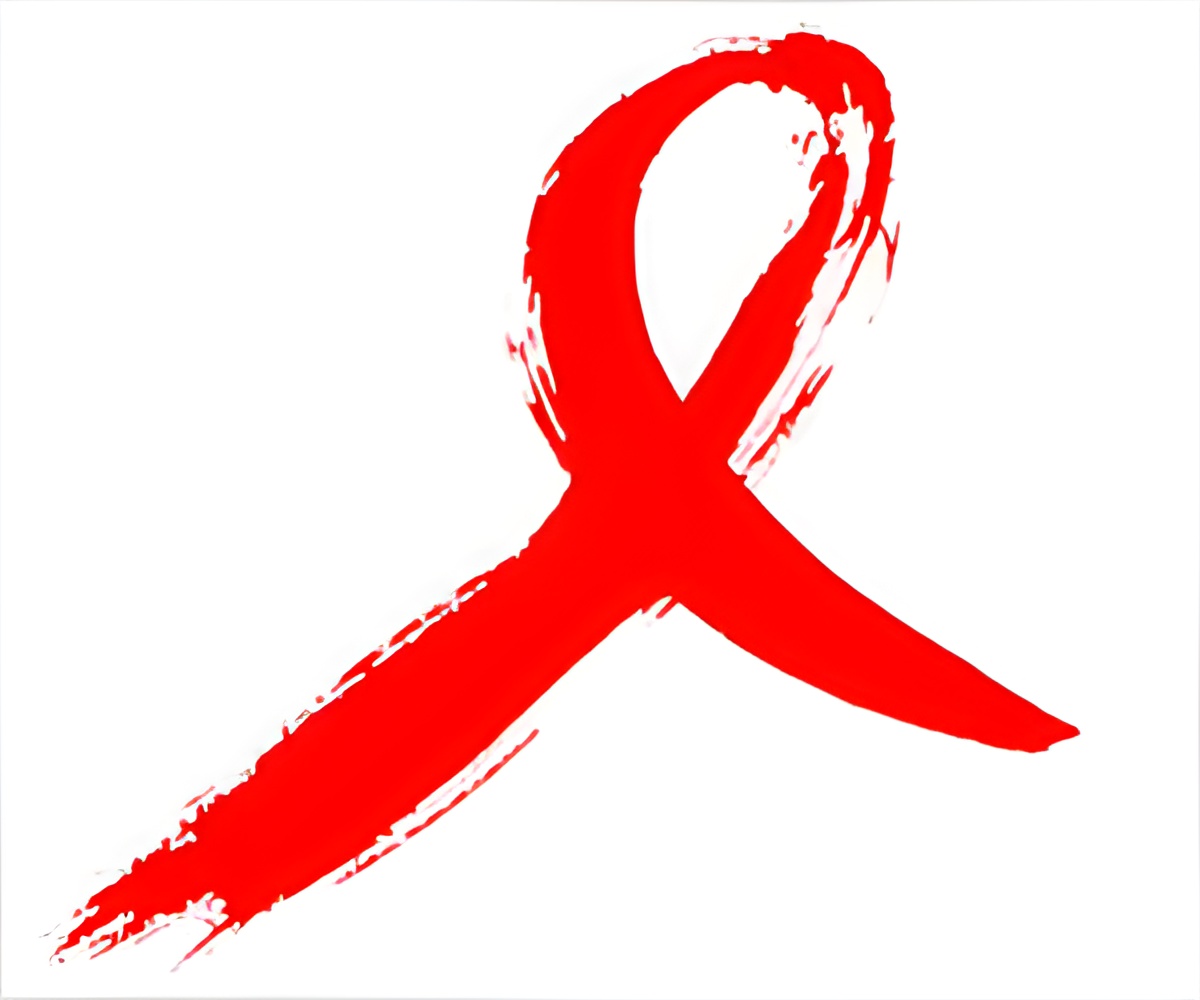To prove that HIV has not robbed her sexuality and self-esteem, Rocio Ramirez poses for a portrait with a colorful Mexican shawl covering one side of her near naked body, revealing her erotic side.

Ramirez said she decided to bare almost all during the event titled "On eroticism, and a bit more" in order to "reduce the discrimination against women who live with HIV."
Organized this month by the group Comprehensive Health for Women (SIPAM), a dozen women -- activists who carry the HIV virus -- were prepared for the cameras by stylists and make-up artists.
The stigma of carrying HIV is not the only thing haunting them.
Ramirez has been taking antiretroviral drugs since 1997 to combat the virus. But the treatment can cause lipodystrophy in some people, a condition in which deposits of fat appear in various areas of the body.
The fat can appear around the abdomen and in the back of the neck, an effect called "buffalo hump."
The aim of the pictures, which will be displayed at the National Human Rights Commission, is to build up the self-esteem of women whose stories are "always a bit of tragedy," said Alejandrina Garcia, coordinator of SIPAM's Women and HIV program.
Most Mexican women who have HIV are monogamous married housewives, she said.
They are often infected by their husbands and only find out that they have the virus when the man or one of their children become sick or die of AIDS, Garcia said. Sometimes they learn that they have HIV during pregnancy.
Roselia Vargas, a 57-year-old grandmother, discovered she had HIV in 1998 when her husband was tested after falling seriously ill.
"I didn't have information. I knew it was something deadly and I had even heard on the radio that it could be contracted with a mosquito bite," said Vargas, who wore a long white dress for her photo session.
Despite her husband's infidelity, and her own health problems, Vargas cared for him until he died because he was "the love of my life."
"I accompanied him because I loved him very much and I didn't want him to die alone," she said, adding that she did it for her daughters too.
More than 147,000 Mexicans were HIV-positive last year and another 9,600 people are expected to contract the virus this year, according to the National Center for the Prevention and Control of HIV/AIDS.
Mexican men account for 75 percent of HIV cases.
David Alvarado, president of the Mexican Foundation Against AIDS, said Mexican women are often at risk because "they don't always have the ability to negotiate the use of a condom with their partner."
Source-AFP















